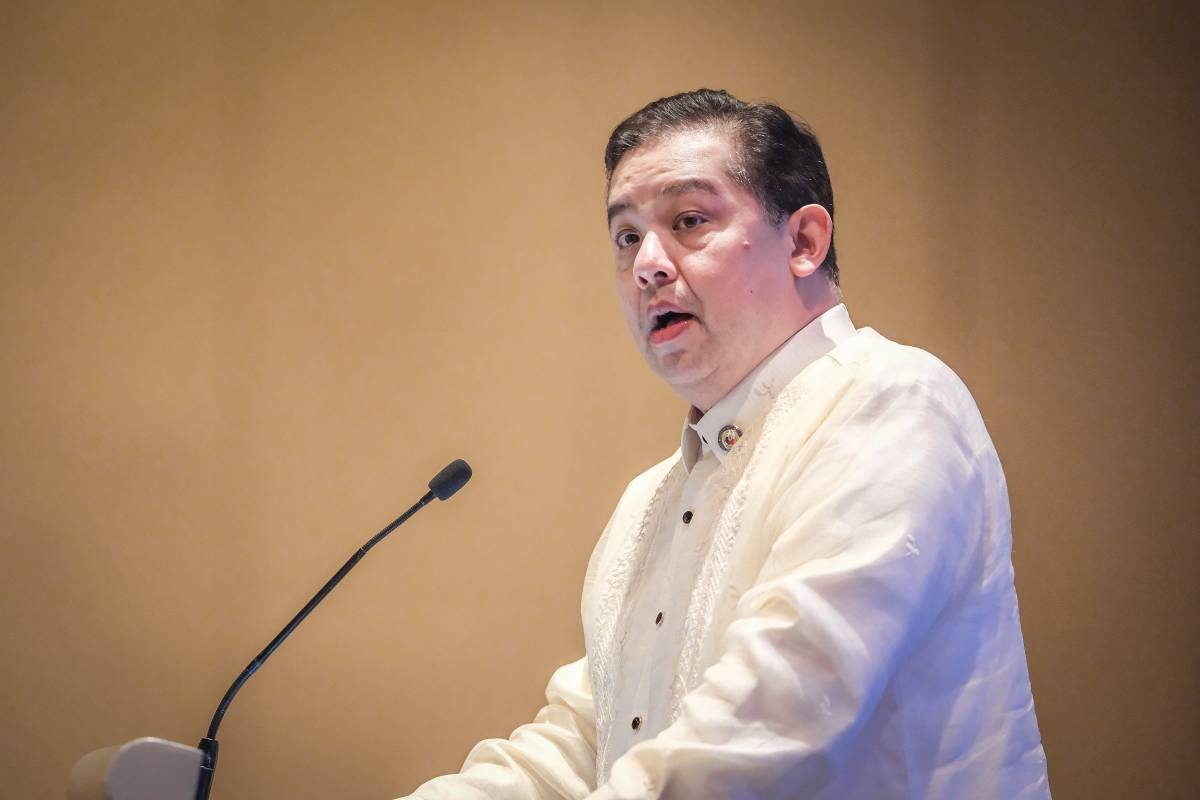The House of Representatives has recently made a significant move towards supporting the welfare of out-of-school youth (OSY) by approving the proposed Magna Carta of the Out-of-School Youth (OSY) on its third reading. House Bill 9347 garnered the votes of 246 lawmakers, reflecting a collective effort to address the needs of this marginalized sector.
House Speaker Ferdinand Martin Romualdez expressed his support for the bill, emphasizing its aim to improve the overall well-being of OSYs by providing them with learning and employment opportunities, as well as the necessary social services and interventions. Recognizing the crucial role of the private sector in enhancing the welfare of OSYs, Romualdez also highlighted the importance of active collaboration between the government and private entities.
Under the provisions of the bill, the National Youth Commission, Commission on Human Rights, and other relevant youth-serving agencies will be mandated to establish programs that protect the rights of OSYs. These programs will encompass various aspects, including human rights, equal treatment before the law, representation in media and other platforms, and the rights of Moro and indigenous OSYs to practice, promote, protect, and preserve their culture, traditions, and institutions. Additionally, the bill emphasizes the need for decent work standards for OSYs who have completed Technical-Vocational Education and Training courses.
Education, health, social services, and employment aid are integral components of the bill’s provisions. By providing comprehensive support, the bill aims to assist OSYs facing challenging circumstances, such as those with disabilities, victims of sexual and physical abuse, illegal recruitment, prostitution, trafficking, armed conflict, OSYs in conflict with the law, and those affected by crises, pandemics, and other public health emergencies.
The proposed Magna Carta of the Out-of-School Youth represents a significant step towards empowering vulnerable individuals and ensuring their rights and well-being are protected. By instituting programs that address the unique needs of OSYs, the bill recognizes the importance of providing them with a chance to thrive, despite the obstacles they may face.
It is crucial to contextualize the significance of this bill on an international scale. In many countries, OSYs often face numerous challenges that hinder their access to education, employment, and social services. By enacting legislation that focuses on their specific needs, the Philippines is setting an example for other nations to follow.
The bill’s emphasis on collaboration between the government and the private sector is particularly noteworthy. In many cases, the private sector possesses the resources and expertise necessary to make a substantial impact on the lives of OSYs. By actively seeking their partnership, the bill recognizes the value of a collective effort in improving the welfare of OSYs.
Furthermore, the bill’s recognition of the rights of Moro and indigenous OSYs to preserve their culture and traditions is a significant step towards inclusivity and cultural preservation. By safeguarding their heritage, the bill ensures that these individuals are not forced to sacrifice their identities in pursuit of education and employment opportunities.
In conclusion, the approval of the Magna Carta of the Out-of-School Youth by the House of Representatives is a testament to the Philippines’ commitment to supporting vulnerable individuals. By providing comprehensive support and protection to OSYs, the bill paves the way for a more inclusive society that values the rights and well-being of all its citizens. It is a significant milestone towards empowering OSYs and ensuring they have access to the opportunities they deserve.
Source: The Manila Times







